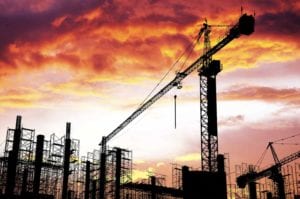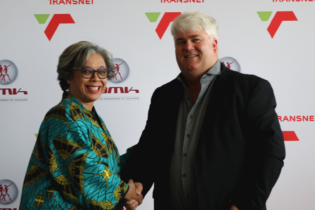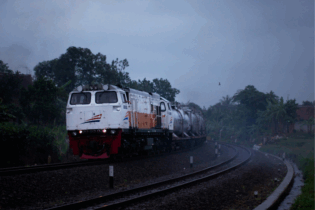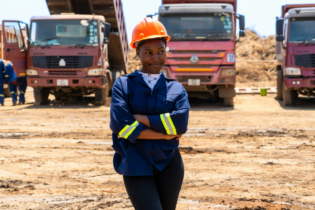In the context of the global pandemic, the effects of climate change are biting down like never before, with wide-spread environmental and human health challenges.
These concerns of our society are made two-fold due to the desperate need for employment and economic development. In response to this, the core focus of South Africa’s development initiatives going forward should be on sustainable solutions for our people and our planet. With this in mind, Consulting Engineers South Africa CEO Chris Campbell was eager to join the proceedings of this year’s Sustainability Summit. With other esteemed panellists, Campbell joined the discussion on ‘What does smart infrastructure mean in the context of African cities?, held virtually on 2 December. The discussion was chaired by acclaimed attorney, facilitator and consultant, Brandon Abdinor, who posed thought-provoking questions regarding the unique context on Africa and South Africa in regards to ‘smart city goals’. An overarching theme from the discussion was that ‘smart’ does not necessarily mean ‘technology’. Panellists were of the opinion that smart infrastructure is that which is sustainable, appropriate, and caters to the needs of South Africa’s multifaceted spatial landscape. Panellists included:- Dumisa Ngwenya, Headof Research and Innovation, Sentech
- Chris Campbell, CEO, Consulting Engineers South Africa
- Hiten Parmer, Director, uYilo National eMobility Programme
- Lawrence P. Juku, Executive Head, Centre of Excellence, Vodacom IoT Africa
- Noel Mashayamombe, Head Decorative Technology, Plascon
- Najwah Allie-Edries, Head of the Jobs Fund
- Shamima Timol, Senior Consultant, Hatch
“We are far from being a smart city, and the pandemic has highlighted our shortfalls while also spurring the urgency of smart initiatives.”
He said that while the private sector pivoted using technology to remain operational during lockdown, public sector clients were missing critical infrastructure to enable them to adapt to the new hybrid working environment. “Connectivity is the core enabler, and I think government can see that this as a lesson learnt this year. There is now a growing understanding that technology is not just a status symbol – it is a tool for mobility and continuity.” Despite the country’s shortfalls in some regards, Campbell mentioned Africa’s young population as an advantage which should be leveraged. “While many countries are facing an aging population, we have youth on our side who can be dynamic and help us in our smart goals. Even in informal settlements, you can see that our country’s young people are connected and tech-savvy. If our education system can improve to leverage on this capacity, we stand a chance of lowering our Gini coefficient towards a more equal society.” He said that achieving a smart city is not a one-stop process, but a journey which will require the appropriately skilled individuals to carry to progress forward. Also on the topic of youth, Allie-Edries addressed youth unemployment, and claims that infrastructure development will help curb this. “The Jobs Fund has found that infrastructure development alone is not enough to create jobs. More realistically, infrastructure provides the foundation for job creation activities.” Other panellists discussed the policy and regulatory environment, with Parmer stating that implementation will be vital if we are to achieve the National Development Plan 2030 vision for sustainable transport, to promote a low-carbon economy by offering transport alternatives that minimise environmental harm. “Mass urbanisation presents many challenges to our current infrastructure as well as to our environment. If we are to rise to these challenges, we need an enabling regulatory and policy landscape.” Jukualso touched on the transport concern, citing the country’s backlog of maintenance and the failing rail network. “We should be smart in our refurbishments, and take into consideration the needs of the future.” Mashayamombe discussed energy efficiency as a priority for sustainable development, citing the role of the coatings industry which holds the key in passive cooling, by manufacturing cool coatings which reduce roof surface temperature and ambient temperature in a way that reduces the reliance on electric cooling solutions in densely populated areas.





